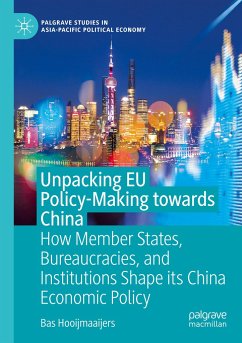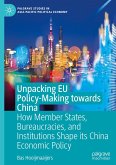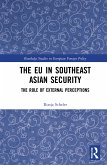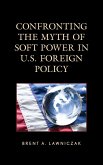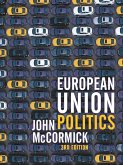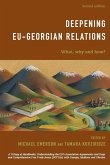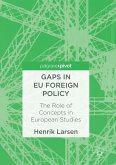This book examines different intellectual frameworks for international relations, including the bureaucratic politics model, neorealism, and institutionalism as tools for understanding the European Union's (EU) China policy. Based on a study of three political economy-related cases, it demonstrates what approaches not just apply, but apply best in various stages of the policy cycle, why some models apply to several policy stages, and why some seem to work better than others in certain policy stages. The three cases include the EU-China solar panel dispute (2012-2018), the EU investigation into Chinese mobile telecommunications networks (2012-2014), and the EU's response to China's rise in Africa via the European Commission initiated EU-China-Africa trilateral cooperation initiative in 2008. Those interested in EU-China affairs can apply this innovative analytical framework to these three cases and a wide range of other issues; scholars, journalists, diplomats, and businesspeople will find this book of value.
Bitte wählen Sie Ihr Anliegen aus.
Rechnungen
Retourenschein anfordern
Bestellstatus
Storno

